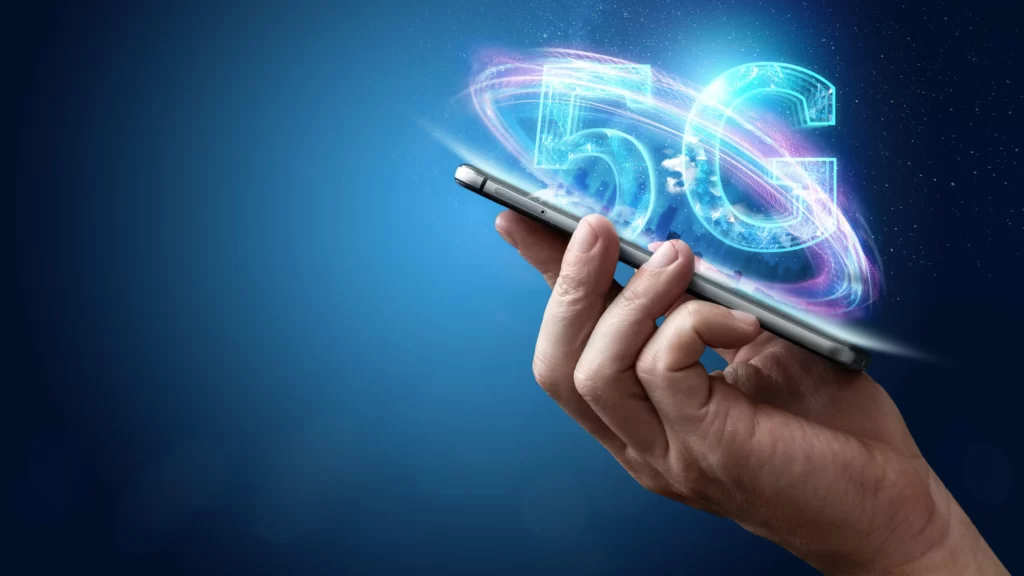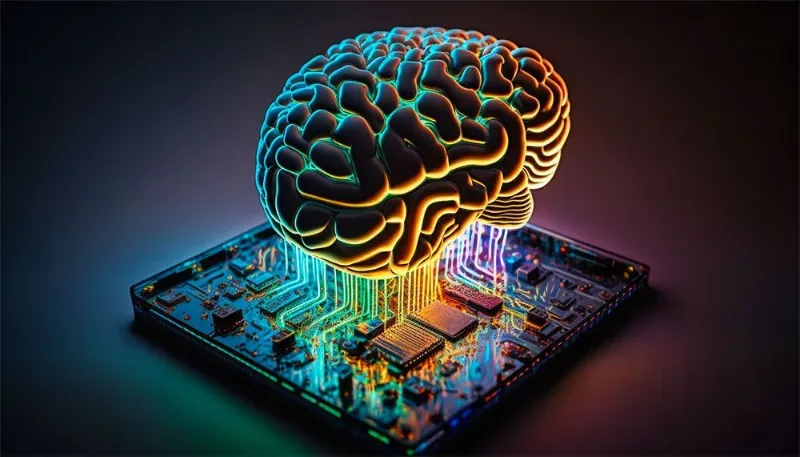5G Technology
5G technology is the fifth generation of mobile networks and is set to revolutionize the way we connect and communicate. With faster speeds, lower latency, and greater capacity, 5G is poised to unlock a whole new world of possibilities.
But what exactly is 5G technology and how does it work? In this article, we’ll explore the basics of 5G technology and its potential impact on our daily lives.

What is 5G Technology?
5G technology is the next generation of mobile networks, following on from the current 4G LTE standard. It promises faster speeds, lower latency, and greater capacity than its predecessor.
One of the key features of 5G technology is its use of higher frequency bands, known as millimeter waves. These waves can carry more data than the lower frequency bands used by previous generations of mobile networks. This means that 5G networks can support more devices and deliver faster speeds.
Another important aspect of 5G technology is its use of small cells. These are low-power base stations that can be placed closer together than traditional cell towers. This allows for greater coverage and capacity in densely populated areas.
The Benefits of 5G Technology
The benefits of 5G technology are many and varied. Here are just a few of the ways that 5G could impact our daily lives:
- Faster Speeds: With peak data rates of up to 20 Gbps, 5G technology promises to deliver speeds that are up to 20 times faster than current 4G networks. This means that downloading a full-length movie could take just seconds, rather than minutes.
- Lower Latency: Latency refers to the time it takes for data to travel from one point to another. With 5G technology, latency could be reduced to as little as one millisecond. This could have a huge impact on applications such as online gaming and virtual reality, where even small delays can affect the user experience.
- Greater Capacity: 5G technology is designed to support a much greater number of devices than current mobile networks. This means that more people can connect to the network at the same time without experiencing slowdowns or dropped connections.
- Improved Reliability: With its use of small cells and advanced antenna technology, 5G networks are expected to be more reliable than their predecessors. This means fewer dropped calls and better overall network performance.
The Potential Impact of 5G Technology
The potential impact of 5G technology is vast. Here are just a few of the ways that it could change our world:
- Smart Cities: With its ability to support a large number of connected devices, 5G technology could play a key role in the development of smart cities. This could include everything from intelligent traffic management systems to connected public transport networks.
- Autonomous Vehicles: The low latency and high reliability of 5G networks could make them ideal for supporting autonomous vehicles. This could pave the way for self-driving cars and trucks that can communicate with each other and with traffic management systems in real-time.
- Remote Surgery: The high speeds and low latency of 5G networks could make it possible for surgeons to perform complex procedures remotely using robotic systems. This could have a huge impact on healthcare, particularly in rural or remote areas where access to specialist care is limited.
- Virtual Reality: The low latency and high speeds of 5G networks could unlock new possibilities for virtual reality. This could include everything from immersive gaming experiences to virtual training and education programs.
Conclusion
In conclusion, 5G technology represents a major step forward in mobile communications. With its faster speeds, lower latency, and greater capacity, it has the potential to revolutionize the way we connect and communicate. From smart cities to autonomous vehicles, the potential impact of 5G technology is vast and far-reaching.

